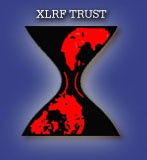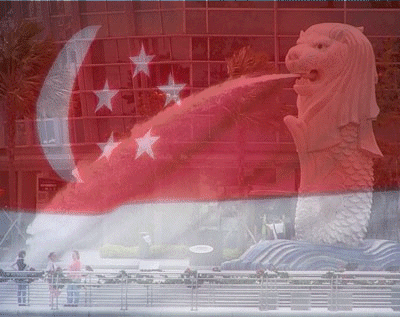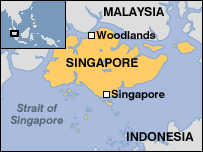 |
||
& believes firmly in its 4E Philosophy -
& pursues the same each day by building GLOBAL CITIZENS
|
|||||||||||||||||||||||||
|
Singapore is Southeast Asia's hi-tech, wealthy city-state, which is also known for the conservatism of its leaders and its strict social controls. The country comprises the main island - linked by a causeway and a bridge to the southern tip of Malaysia - and around 50 smaller islands. Once a colonial outpost of Britain, Singapore has become one of the world's most prosperous places - with glittering skyscrapers and a thriving port. Most of its people live in public-housing tower blocks. They enjoy one of the world's highest
standards of living, but also a system of punishments for acts deemed to be anti-social. Britain's
Sir Stamford Raffles saw Singapore's commercial potential. Chinese make up more than 75% of the community; Malays and Indians make up much of the remainder. There are many foreign workers. Although Singapore is a multi-party nation, the People's Action Party (PAP) has been the dominant force since independence. Rights groups have accused some politicians of using defamation suits to silence their opponents. Singapore is often referred to as one of Asia's economic "tigers". Electronics manufacturing and financial services drive its economy. In the face of strong competition from regional manufacturers, Singapore is seeking to strengthen its services sector and tourism industry. The country was referred to - less kindly - by the writer William Gibson as "Disneyland with the death penalty". Singapore argues that its use of capital punishment - applied mostly for drugs trafficking offences - has stopped the growth of narcotics syndicates. With a total land area of just 646 square kilometres, Singapore is a compact country brimming with the vibrancy of its 4 million people. Here, you will find a diverse population of Chinese, Malay, Indian and other races, covering a wide spectrum of religions, cultures, and languages, living harmoniously together. The synergistic mix of ethnic groups offer international students a wide spectrum of choices for living and playing in Singapore. Singapore has a warm and humid climate all year-round, with temperatures ranging from 23 to 33 degrees centigrade. Sunshine is the norm, with occasional rain, especially during the year-end periods. Singapore's safety, low crime rates, and high standards of living are well renowned, offering
international students an ideal environment for study. And when it's time to put away the books, a
myriad of sports, entertainment, and other fascinating sights and sounds are available to relax your
mind and fill your senses. With surprises awaiting you at every corner of the island, you'll never
want to leave! |
|||||||||||||||||||||||||
|
FACTS
|
|||||||||||||||||||||||||
|
|||||||||||||||||||||||||
|
|||||||||||||||||||||||||
|
|||||||||||||||||||||||||



